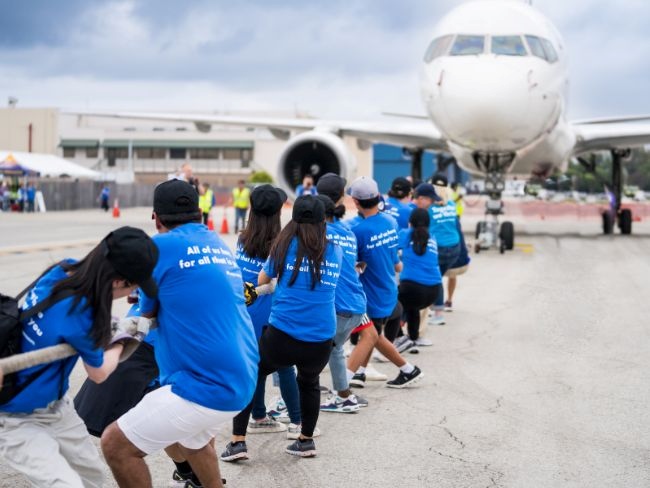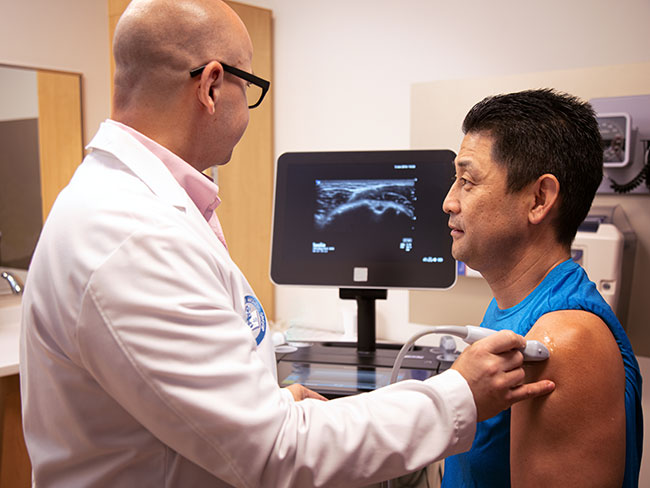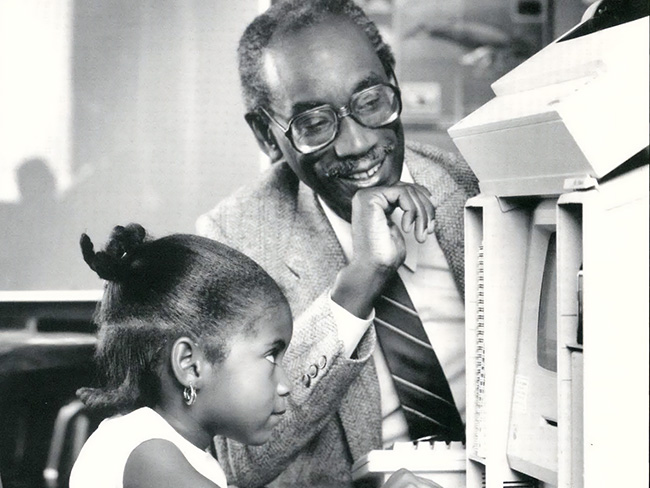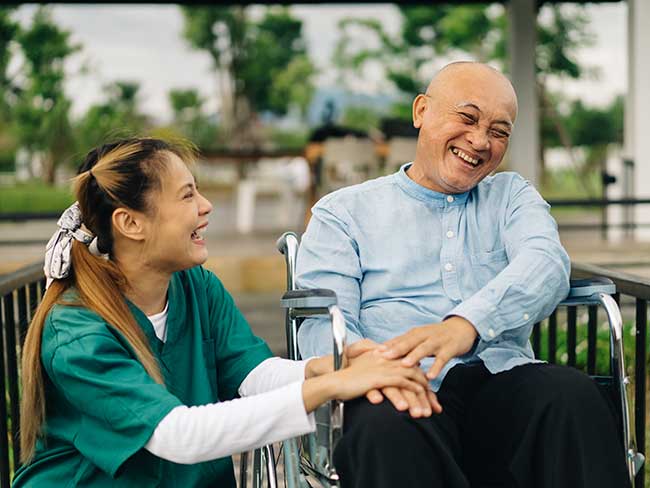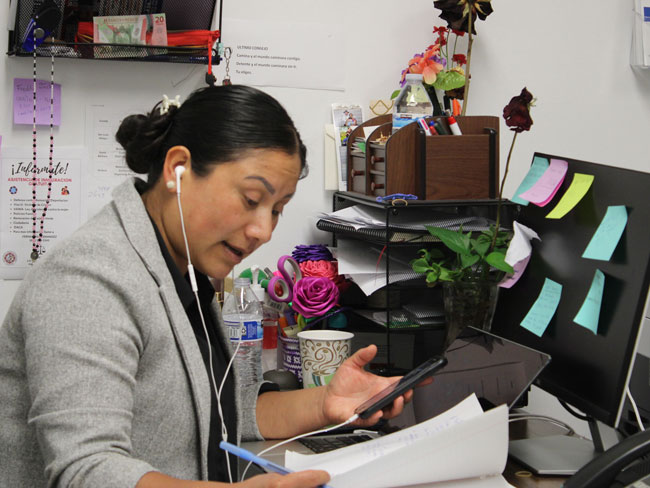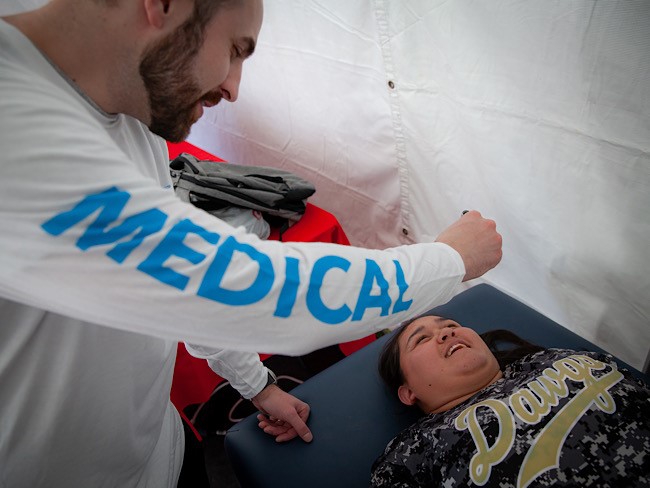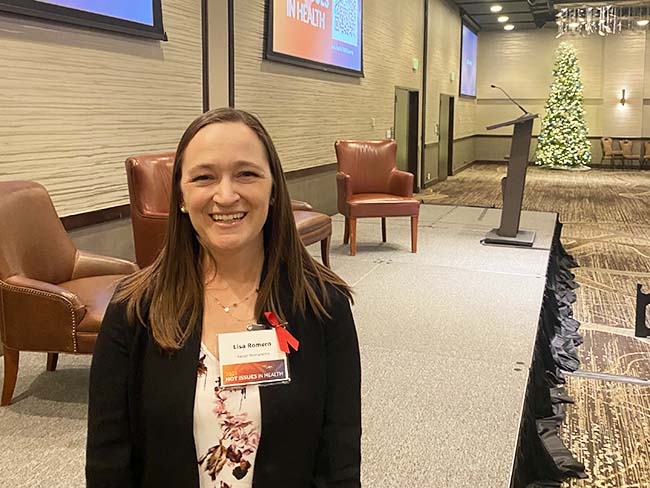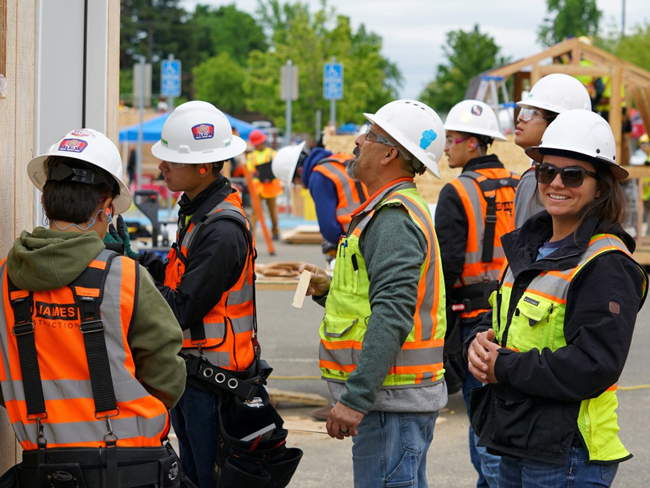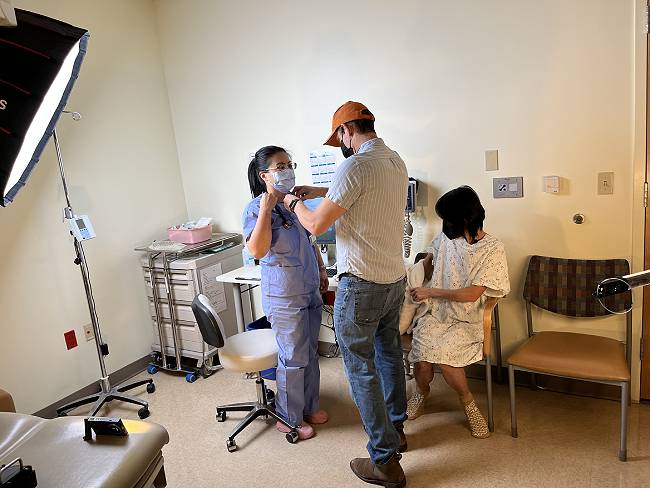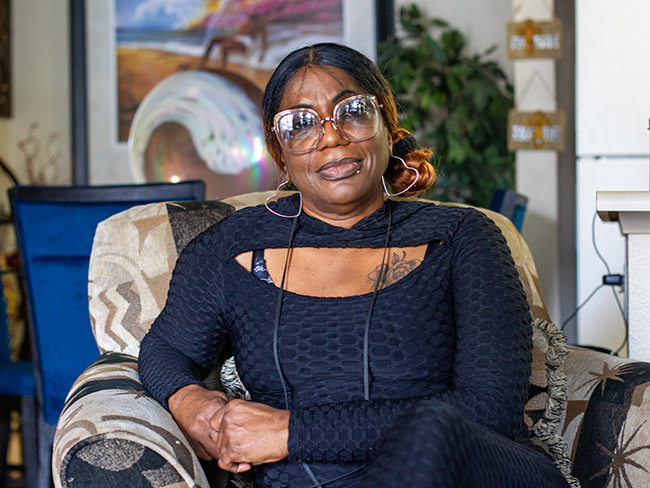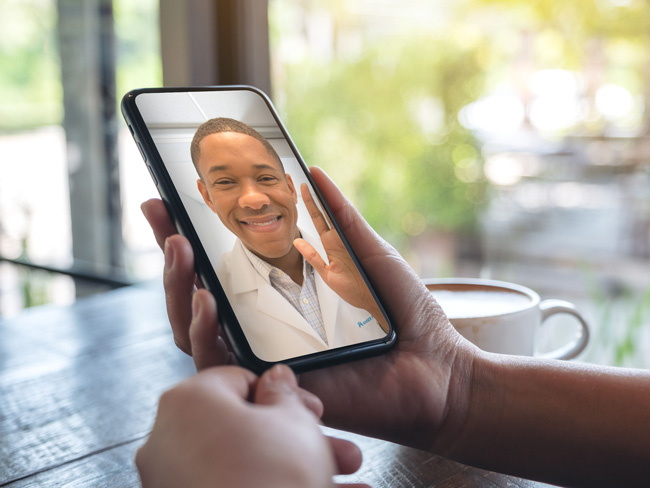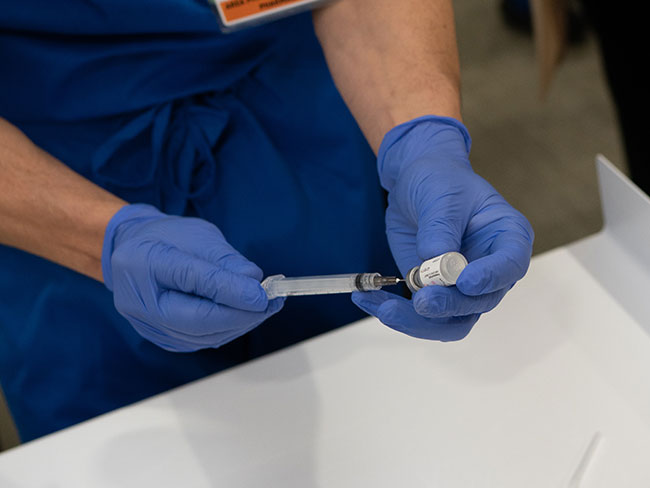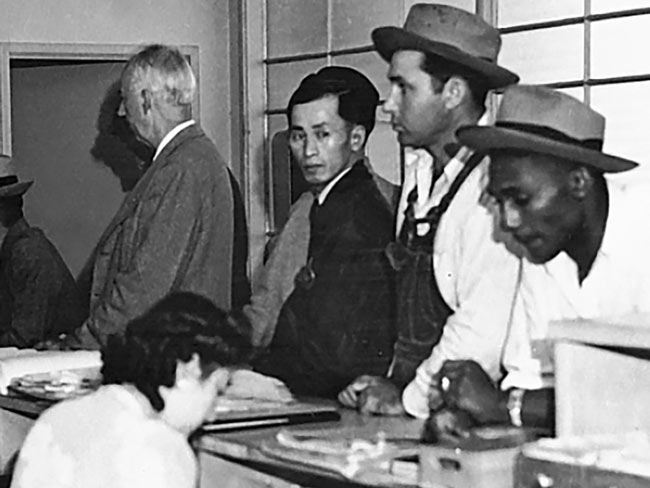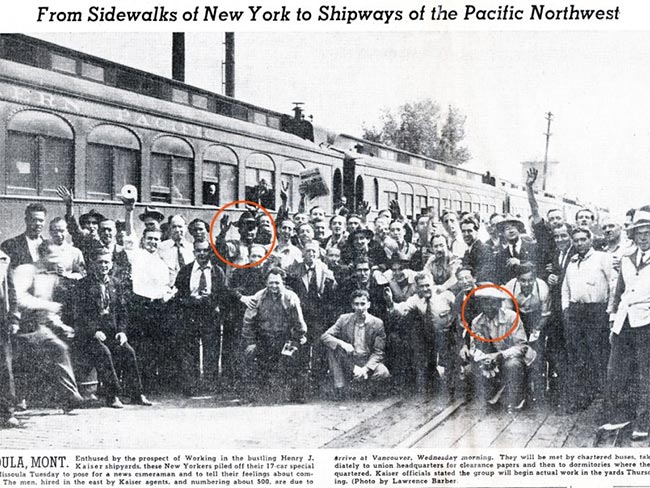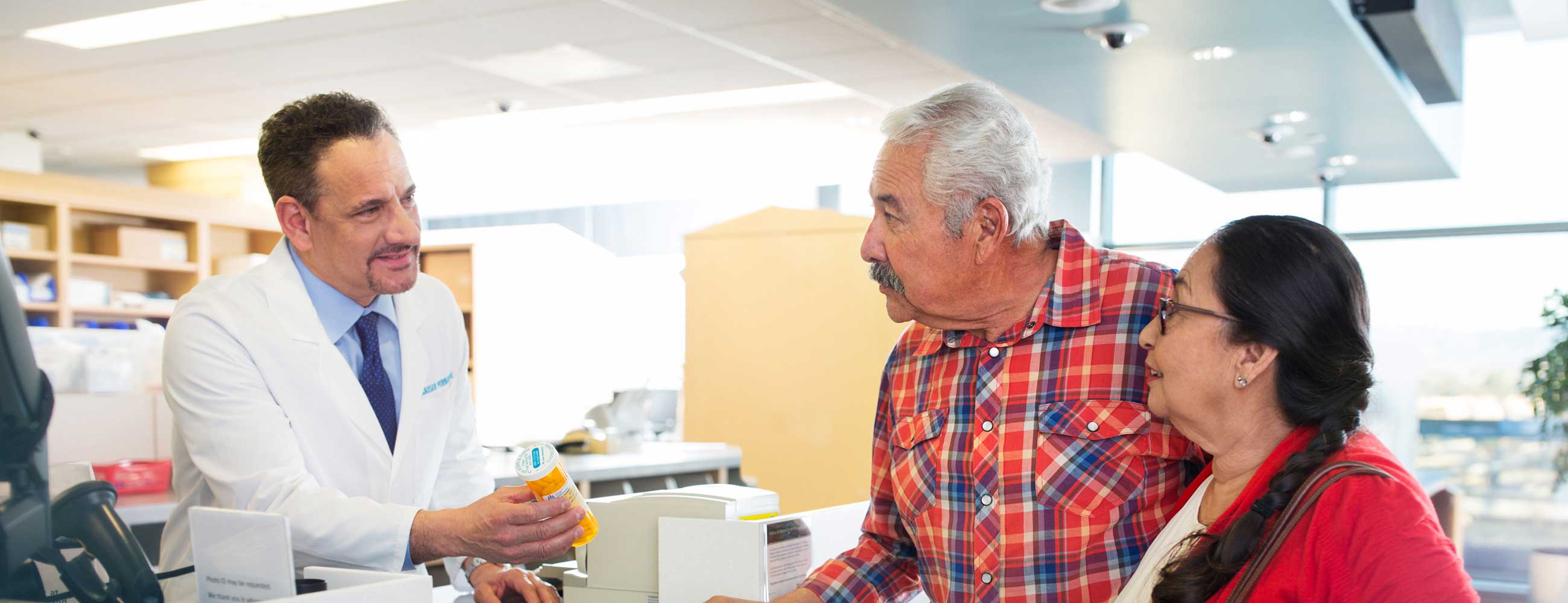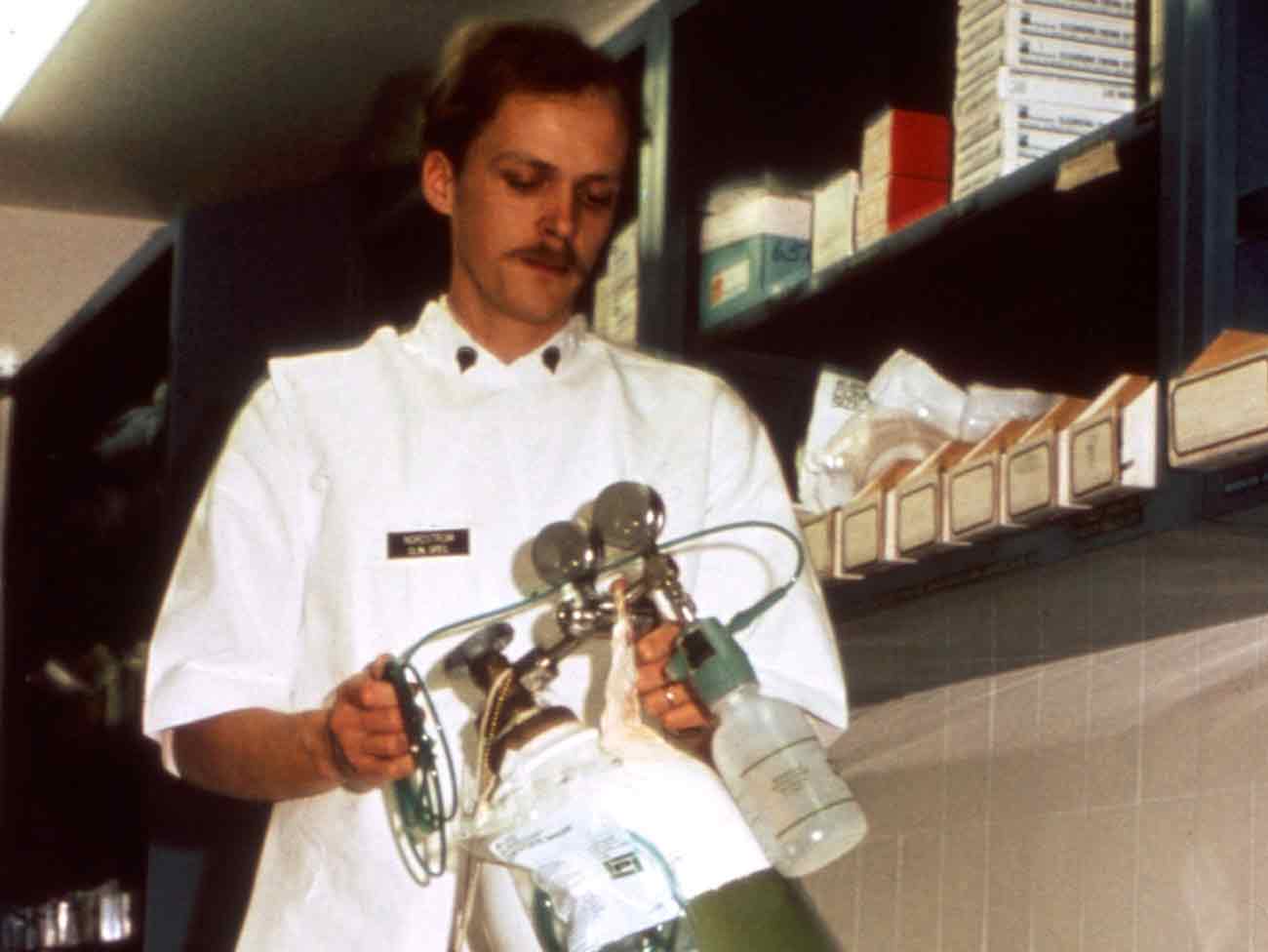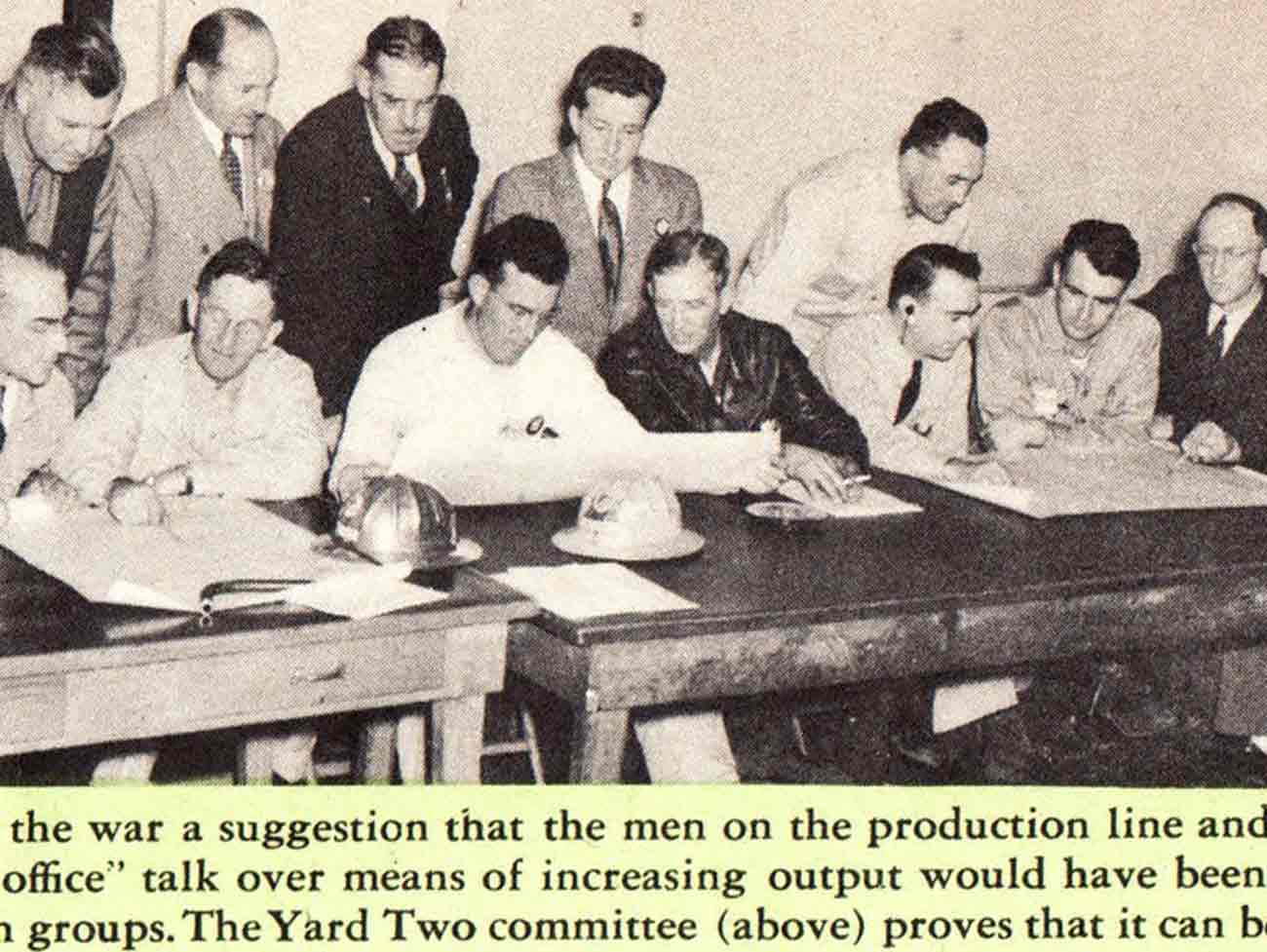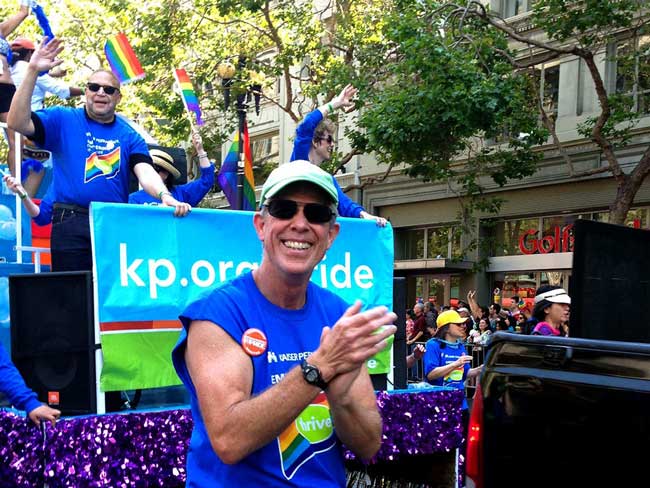Achieving health equity
Equal medical care is not enough to end disparities in health outcomes.
For many years, Kaiser Permanente and other leaders in the health care industry have monitored and actively sought to eliminate disparities in health outcomes among patients of different racial and ethnic backgrounds. We have evolved our approach to total health to include advancing health equity by providing culturally responsive, equitable care, addressing social needs, supporting social justice, and working to dismantle racism. These efforts have seen positive results in improving outcomes for all patients, and yet while disparities in many areas have narrowed, gaps doggedly persist.
The COVID-19 pandemic’s disproportionate impact on communities of color in the United States underscores the reality that when it comes to population health, we still have major work to do to achieve health equity. From the very outset of the pandemic, Kaiser Permanente clinicians and researchers observed and reported the much higher prevalence of COVID-19 infections in vulnerable communities compared to national averages. People of color also experienced much higher rates of hospitalization but interestingly, no significant disparities in mortality compared to white patients once hospitalized.
There remains much to be done to understand and identify evidence-based interventions to eliminate health disparities in outcomes. Black patients remain more likely to develop kidney failure than white individuals but less likely to receive a kidney transplant. Black women are still 3 times more likely to die from a pregnancy-related cause than white women. The pandemic has made clear that achieving health equity must go far beyond the provision of excellent medical care to all.
Kaiser Permanente’s clinical leaders have a favorite saying about how to achieve any quality improvement goal: “Make the right thing easy to do.” In a clinical context, that means providing the right information to well-prepared clinicians at the right time in the right manner so that the right decisions can be made when the patient is being seen. This is an operational challenge every health organization faces, and it’s at the core of quality improvement for patients.
The problem with eliminating disparities in health outcomes is that medical care is only one factor in the health status of an individual. We are patients when we have a medical condition severe enough to require clinical management. The other 99.5% of the time, we are simply people doing our best to live our lives.
It turns out that living life is often difficult, and making the right thing easy to do when it comes to our health is complicated. It’s hard enough for those of us fortunate to have the time and resources we need to act on making healthy lifestyle choices, such as preparing healthy food and finding the time and space to exercise. It’s vastly more complicated for people with limited time and scarce resources, and that’s a big part of why we see differences in health status among people of different socioeconomic groups.
Race-based health disparities are, except in rare instances, not about race but about place. But place is absolutely about race.
For years, the California Endowment has made the point that a person’s life expectancy is influenced much more by their ZIP code than their genetics. Race-based health disparities are, except in rare instances, not about race but about place. But place is absolutely about race: This is the legacy of a society that for the better part of a century and a half — since the end of slavery — denied economic equality, enforced segregated housing, denied equal access to education, and generally failed to distribute the benefits of an enormously productive economy in an equitable manner.
Many in communities of color have not been able to build wealth over generations. The result can be conditions that make day-to-day survival in our cities and neighborhoods difficult enough, let alone having the means to prioritize healthy life choices.
If there is a silver lining to the multiple, terrible challenges we have faced since the beginning of 2020, it’s the growing recognition that we live in a society with a fraught history, and that history has shaped the reality in which we all live. Life is hard, and the benefits and burdens of life are not equally distributed. In health care, we are showing it’s absolutely possible to provide equitable health care regardless of race, ethnicity, gender, or socioeconomic status. But achieving universal health equity for all will require much more. It’ll require coming together to solve for the persistent social forces that undermine everyone’s efforts to secure for themselves and their families healthier, happier lives.






